View this post on InstagramA post shared by Comic Relief (@comicrelief) on Nov 10, 2018 at 2:33pm PST
After the Spice Girls’ T-shirt shock, five more sweatshop scandals
- Celebrities including Beyoncé and the Kardashians, and fast fashion labels such as H&M and Zara have all been caught up in scandals over exploitative labour practices
- Workers in factories in China, Bangladesh, Sri Lanka and Brazil were making their clothes in terrible conditions
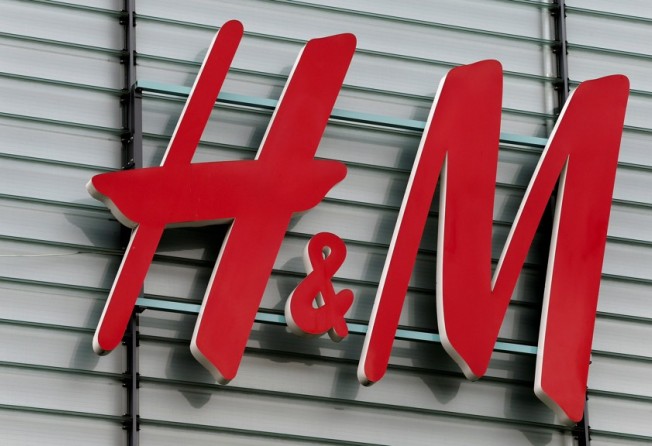
The Spice Girls found themselves with some unwanted publicity this week when an investigation found T-shirts sold to raise money for British charity Comic Relief’s “gender justice” campaign were made in a Bangladesh factory where women earn just 35 pence (45 US cents) an hour.
The charity tops – bearing the message #IWannaBeASpiceGirl – were produced by women expected to work up to 16 hours a day, according to The Guardian. Money raised from the T-shirts, which cost £19.40, will be used to help “champion equality for women and girls here in the UK,” according to Comic Relief.
Members of the English pop group that formed in 1994 and recently announced a reunion tour said they were “deeply shocked and appalled” by the reports.
It’s not the first time a brand or celebrity has been swept up in a sweatshop scandal. Here are five more:
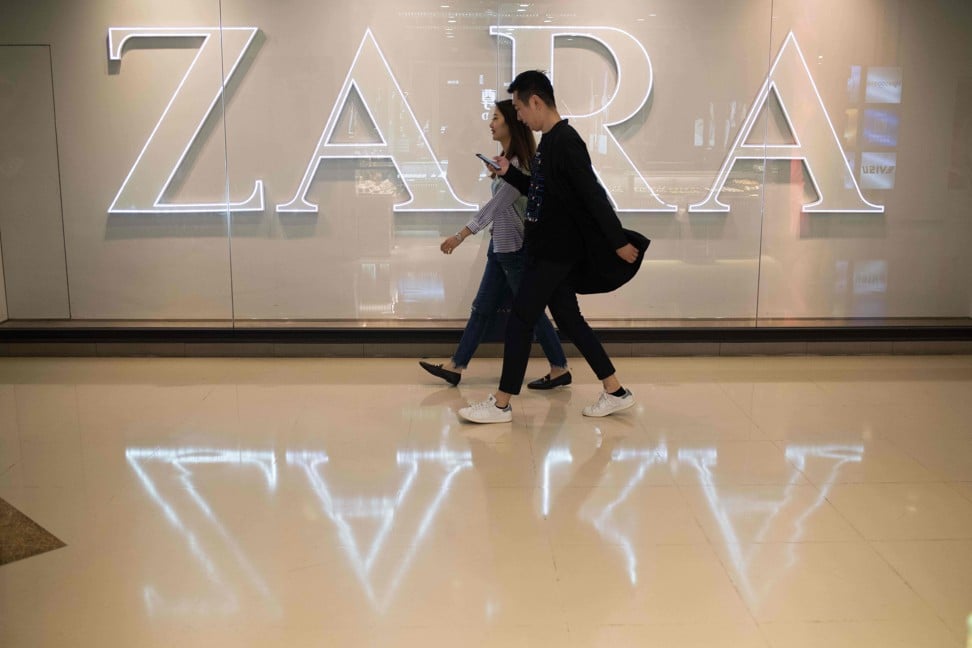
Zara
In August 2011, a raid on a Zara contractor in São Paulo, Brazil, found immigrants working in unsanitary and unsafe conditions. Fifteen workers were rescued from the sweatshop – one just aged 14. The Brazilian government listed 52 charges against Inditex, Zara’s parent company. Inditex claimed the contractor, AHA, employed the workers illegally without their knowledge. Zara is a family business founded in 1975 in La Coruna, northwest Spain, by Amancio Ortega, who has become Spain’s richest man and the seventh richest in the world.
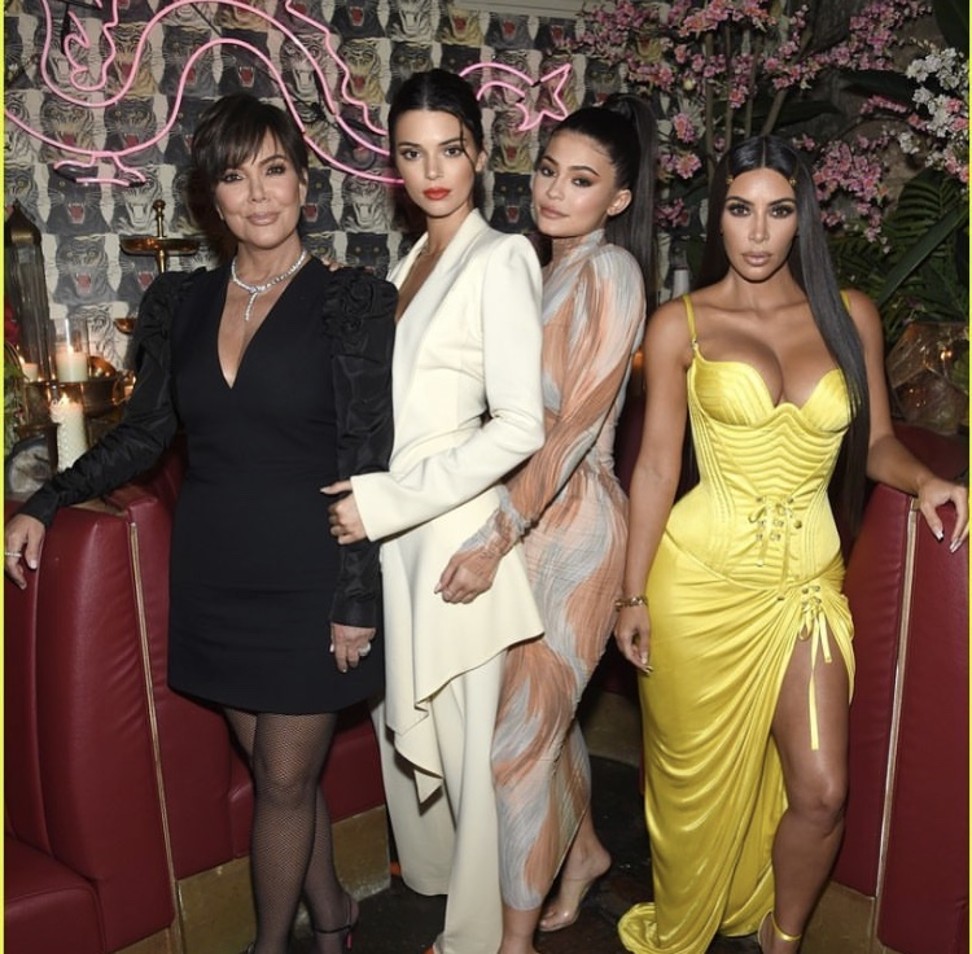
The Kardashians
The Kardashians’ image was tarnished in 2011 when non-profit the Institute for Global Labour and Human Rights, launched a probe into the making of the family’s clothing lines. Media reported some Chinese sweatshops making the clothes “virtually imprisoned” workers as young as 16.
The items from the K-Dash by Kardashian label and the Kris Jenner Kollection, both sold on QVC as well as Kim Kardashian-endorsed company ShoeDazzle, were manufactured in Chinese sweatshops by workers subjected “to inhumane conditions”.
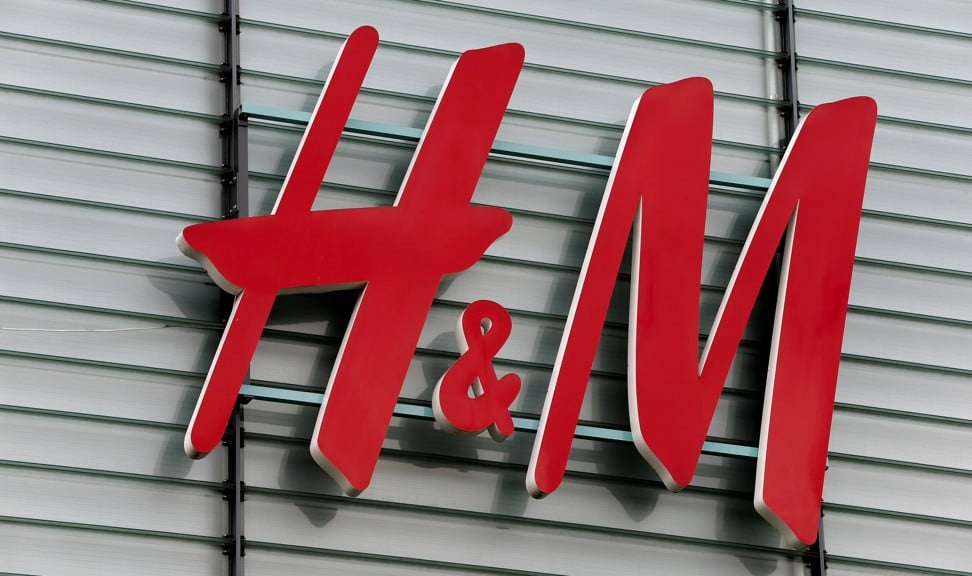
H&M
In 2016, Swedish high-street giant H&M was embroiled in controversy when Washington-based NGO Workers Rights Consortium said thousands of workers making H&M garments in factories in Bangladesh were doing so in dangerous conditions. “We’re talking about severe safety hazards … lack of fire doors and fire exits, lack of proper alarm systems, lack of sprinkler systems,” said Workers Rights Consortium executive director Scott Nova at the time. H&M – the world’s second-largest clothing retailer with 4,100 stores – is the biggest buyer of clothing in Bangladesh, contracting more than 200 factories to make its clothes.
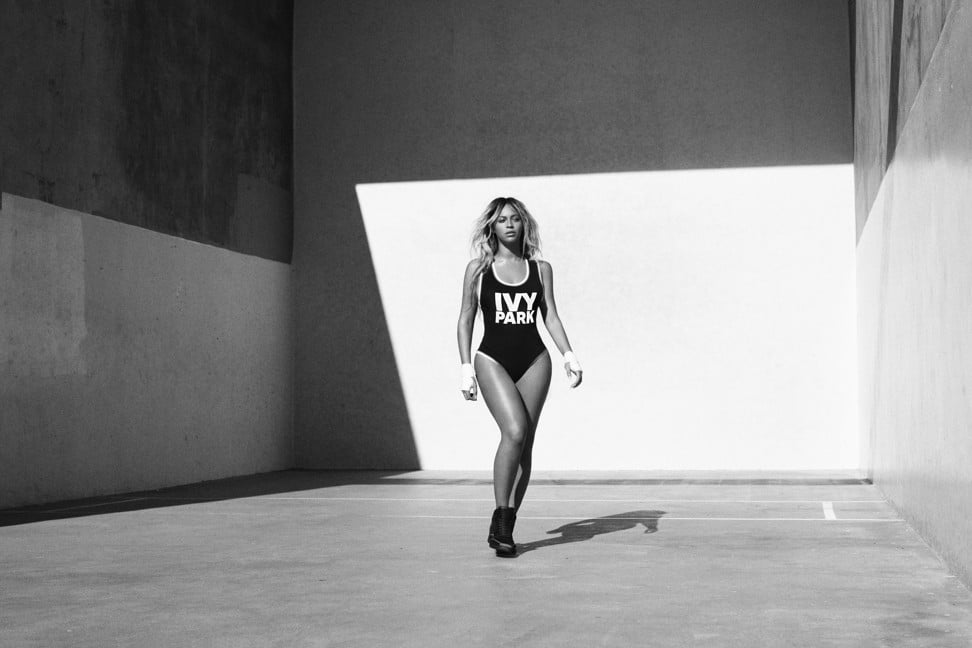
Beyoncé
In 2016, Beyonce’s sportswear label Ivy Park defended itself against claims its clothes were produced by sweatshop labourers in Sri Lanka who reportedly earn 56 US cents an hour. The clothing range is sold by British retail chain Topshop.
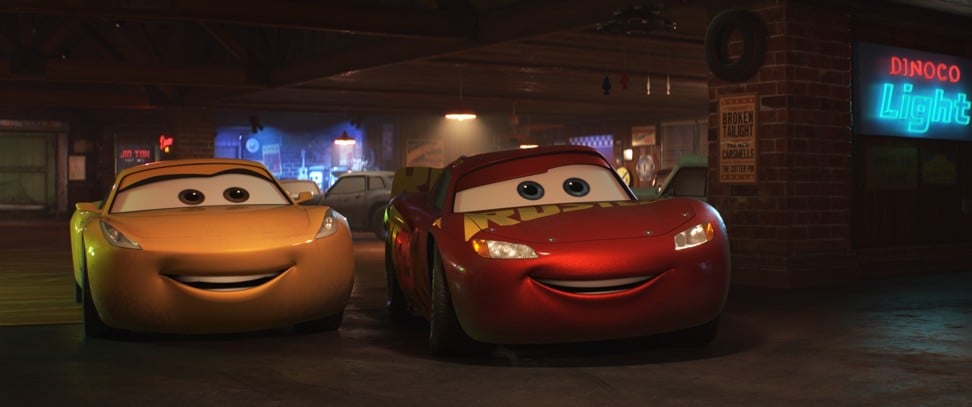
Disney
In 2011 Disney was forced to launch a probe in response to claims of abusive labour conditions in China. A report by Hong Kong-based Students and Scholars Against Corporate Misbehaviour
(Sacom) accused Sturdy Products, which makes Disney’s popular Cars toys, of using child labour and requiring staff to work three times the overtime allowed by Chinese law. The report also found that workers were concerned about working with toxic chemicals. Workers were interviewed away from the factory and an investigator spent a month working inside the factory finding workers as young as 14 years old and frequent excessive overtime.